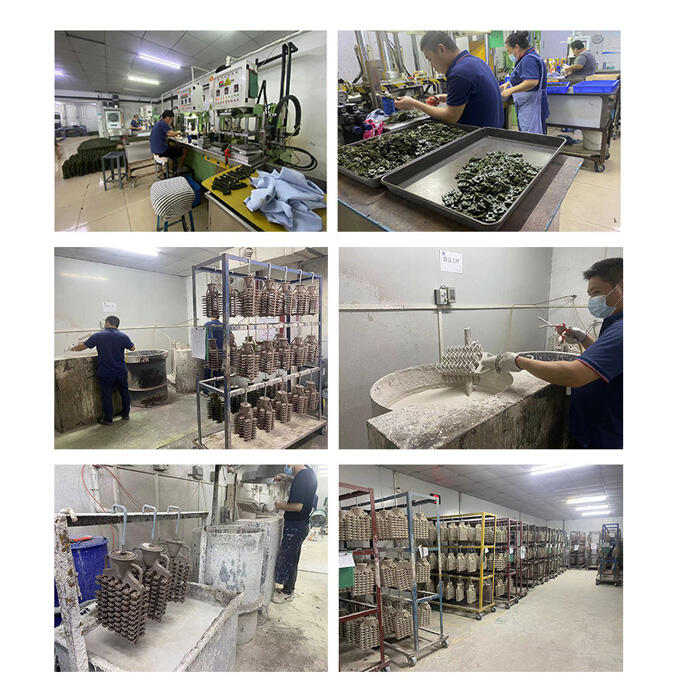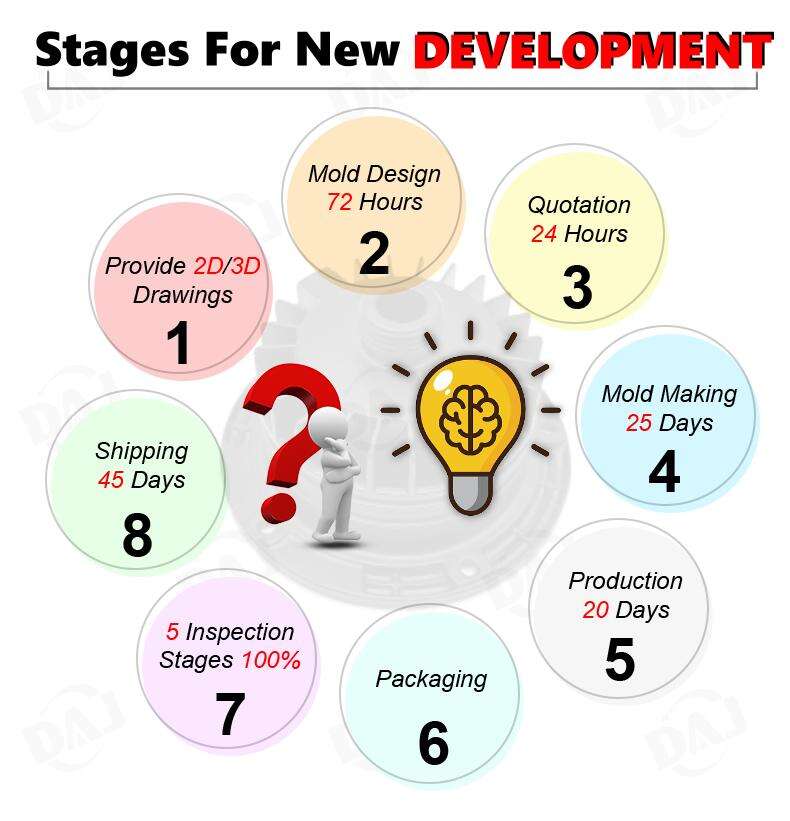casting parts foundry services
One service foundry for casting parts is focusing on high quality metal components made through the process of casting. The role of such features is to produce molds and to get into shape of sand casts on which metal is poured form metals. Foundries of today use new techniques to create molds as well. Sand casting is one such technique, joining existing methods like die and investment casting that capitalize more basics for its process. These foundries have the most sophisticated equipment available in order to ensure the quality of their products. Metal analysis spectrometers and robots for automation are examples of recent innovations. Not only castings sus be durable, but also precise. The role of casting parts are wide, ranging from automobile and aerospace industries to heavy machinery and medical devices where precision is of prime importance to a complete part.

